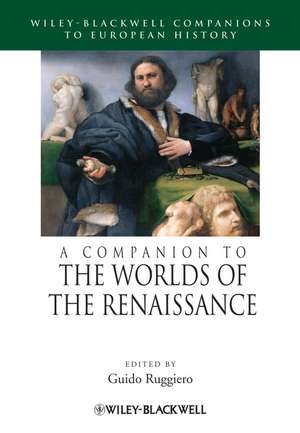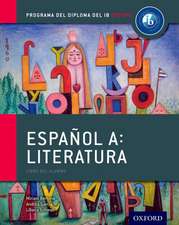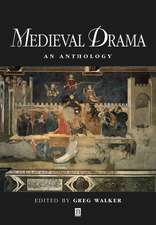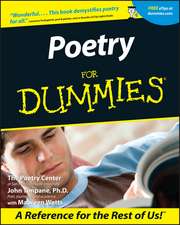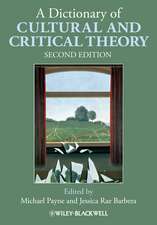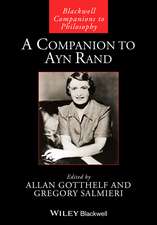A Companion to the Worlds of the Renaissance: Blackwell Companions to European History
Autor Ruggieroen Limba Engleză Paperback – 23 oct 2006
The contributions focus on three major themes: transformative encounters between cultures, ancient and new, high and low, within Europe and beyond; fascination with all things Italian; and social realignment. In examining these themes, the contributors look at the Renaissance from a world perspective, illuminating the negative as well as the positive, and integrating considerations of gender, sex, violence, and non-elite culture. The vision of the Renaissance that emerges is one defined by a wide range of social, political, economic, and cultural developments rather than by the actions of a small cultural elite.
Preț: 444.70 lei
Preț vechi: 483.37 lei
-8% Nou
Puncte Express: 667
Preț estimativ în valută:
85.09€ • 89.07$ • 70.82£
85.09€ • 89.07$ • 70.82£
Carte tipărită la comandă
Livrare economică 31 martie-14 aprilie
Preluare comenzi: 021 569.72.76
Specificații
ISBN-13: 9781405157834
ISBN-10: 1405157836
Pagini: 574
Dimensiuni: 170 x 244 x 31 mm
Greutate: 0.98 kg
Editura: Wiley
Seria Blackwell Companions to European History
Locul publicării:Chichester, United Kingdom
ISBN-10: 1405157836
Pagini: 574
Dimensiuni: 170 x 244 x 31 mm
Greutate: 0.98 kg
Editura: Wiley
Seria Blackwell Companions to European History
Locul publicării:Chichester, United Kingdom
Public țintă
students and scholars of Renaissance studiesNotă biografică
Guido Ruggiero is Professor and Chair of the History Department at the University of Miami. His previous publications include Binding Passions: Tales of Magic Marriage and Power at the End of the Renaissance (1993), The Boundaries of Eros: Sex Crime and Sexuality in Renaissance Venice (1985), and Violence in Early Renaissance Venice (1980). He has also edited two series of books: Studies in the History of Sexuality and Selections from Quaderni Storici.
Descriere
This volume brings together some of the most exciting renaissance scholars to suggest new ways of thinking about the period and to set a new series of agendas for Renaissance scholarship. * Overturns the idea that it was a period of European cultural triumph and highlights the negative as well as the positive.
